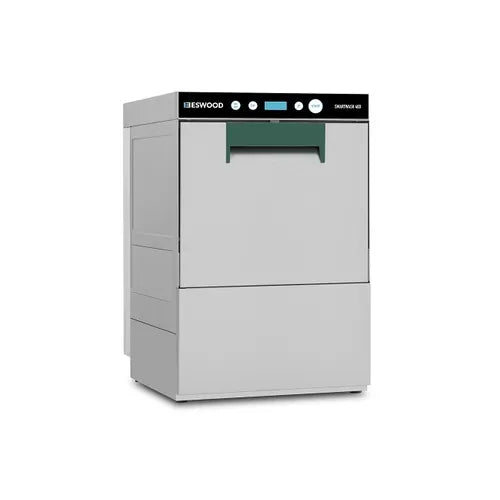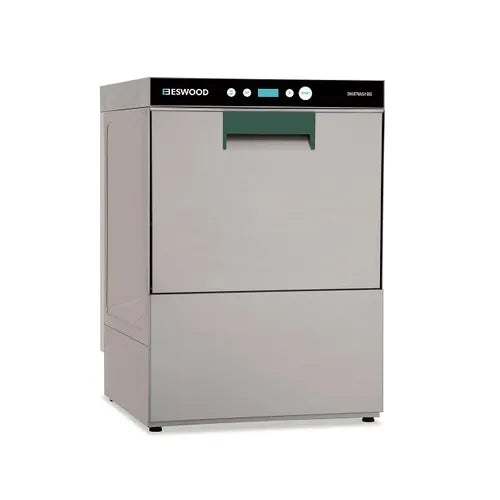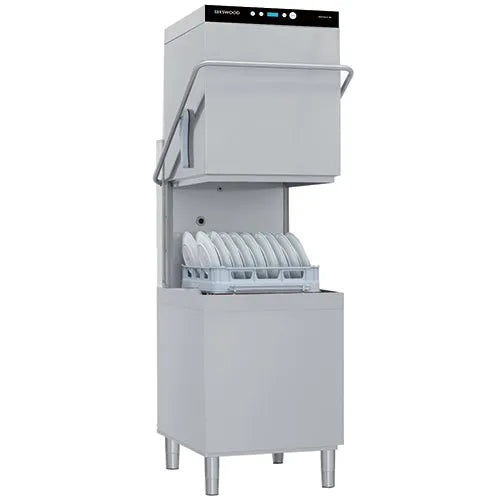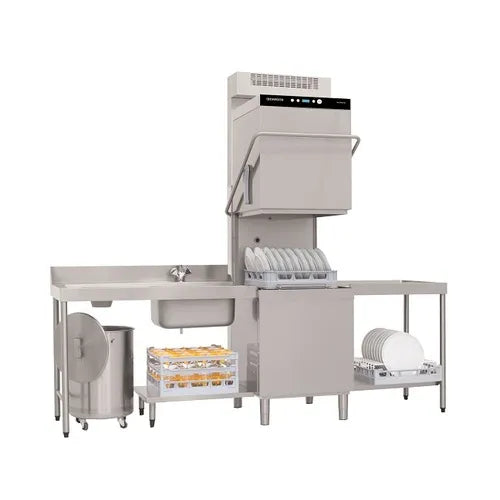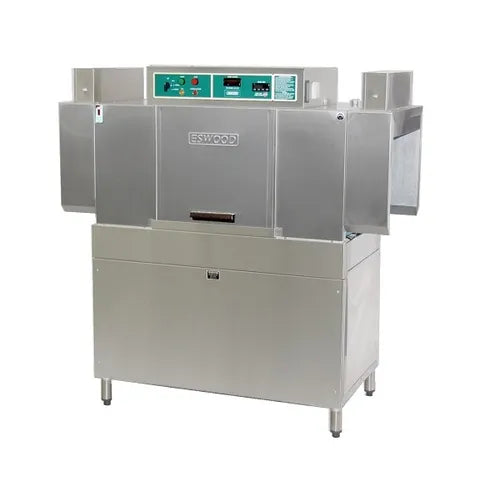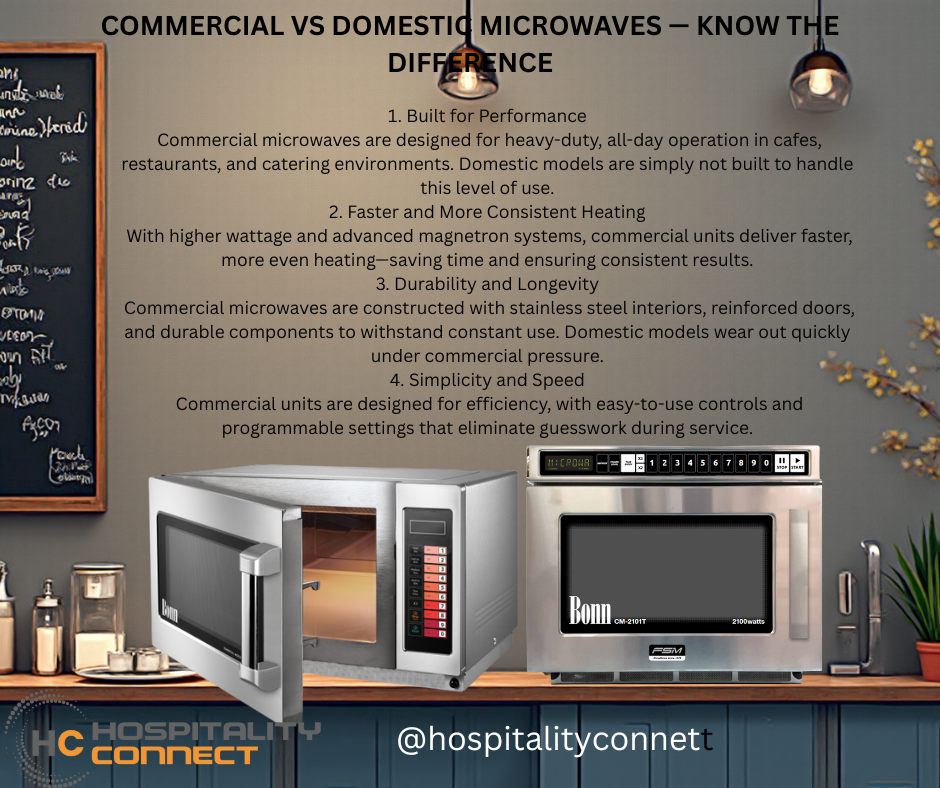Maintaining precise temperatures in a commercial fridge isn’t just about keeping food fresh—it’s a critical part of food safety compliance, energy efficiency, and cost management. One of the most effective tools for ensuring reliable refrigeration is a data logger.
In this article, we’ll explain what a data logger is, how it benefits businesses in hospitality, aged care, and café operations, and why investing in one can save you money and protect your reputation.
What Is a Data Logger?
A data logger is a small electronic device that monitors and records temperature data over time inside your commercial fridge or freezer. It can be:
-
Standalone: A portable device placed in the fridge to track data continuously.
-
Wi-Fi or Bluetooth-enabled: Allows real-time monitoring on your phone, tablet, or computer.
-
Alarm-equipped: Sends alerts if temperatures move outside safe ranges.
This technology provides accurate, consistent, and traceable temperature readings, eliminating guesswork and manual temperature logs.
The Benefits of a Data Logger for Your Commercial Fridge
1. Ensures Food Safety Compliance (HACCP)
Data loggers automatically record temperature data to ensure your fridge stays within the safe temperature zone (typically 0°C–5°C for chilled foods).
-
Helps meet local health and safety regulations.
-
Provides proof of compliance during health inspections.
-
Prevents unsafe food storage that could cause illness and legal risks.
2. Protects Stock and Prevents Spoilage
Without a data logger, fridge malfunctions or unnoticed temperature spikes can lead to food spoilage, costing you hundreds or thousands of dollars in lost stock.
-
Data loggers detect issues early, giving you time to act before food is ruined.
-
Particularly vital for perishable goods, dairy, seafood, and ready-to-eat meals.
3. Saves Money on Energy and Repairs
-
Identifies inefficient temperature fluctuations that may indicate failing seals, blocked vents, or overworked compressors.
-
Helps reduce energy waste, cutting electricity costs.
-
Can prevent expensive breakdowns by spotting small problems before they become big repairs.
4. Essential for Aged Care and Healthcare Facilities
In aged care, temperature control is critical because residents are highly vulnerable to foodborne illness.
-
Data loggers ensure absolute temperature accuracy and reliability.
-
Provides digital records for audits and compliance checks, reducing paperwork.
-
Helps facilities meet stringent government food safety guidelines.
5. A Must-Have for Cafés and Restaurants
For café owners, a data logger is a small investment that protects profits:
-
Avoids costly stock losses from unnoticed fridge failures overnight or on weekends.
-
Helps maintain consistent product quality, keeping customers happy.
-
Minimizes the risk of fines or forced closures due to failed health inspections.
-
Builds trust with customers and suppliers by demonstrating professional food safety practices.
How a Data Logger Can Save Your Business Money
-
Prevents wasted stock due to unnoticed temperature rises.
-
Reduces electricity bills by identifying inefficiencies.
-
Avoids penalties for non-compliance with food safety laws.
-
Protects your reputation, preventing costly customer complaints or legal claims.
The cost of a single data logger is often far less than the price of replacing spoiled stock from just one fridge failure.
Final Thoughts
A data logger is no longer optional for commercial kitchens—it’s an essential tool for:
-
Hospitality venues, cafés, and restaurants looking to reduce waste and protect profits.
-
Aged care and healthcare providers where strict food safety and compliance are non-negotiable.
By investing in a data logger, you’re not just buying a gadget—you’re gaining peace of mind, saving money, and safeguarding your customers' health and your business reputation.


